I recently had the opportunity to read a pre-release copy of The Path to Freedom by Brandon Chase, and wanted to invite the readers of my blog to get a free copy of this eBook when it comes out. To encourage you to do so, I am posting this interview of Brandon and his new book.

Why did you decide to write The Path to Freedom?
The Path of Freedom was really a private wrestling I had with the Lord long before it was ever an eBook.
I had observed something that “bothered” me – in my own testimony, and in years of ministry with and to Christians – that is: the lack of real understanding of and Living in the Freedom we are supposed to have in Jesus.
I was a “Christian” half of my life – and had no concept of what being Free was. I have witnessed countless Brothers and Sisters taste this Freedom in some area of their life – only to seemingly fall out of it, return to old sin patterns, wrong belief, or other bondage.
The fruit of Freedom is too often not there, or fleeting.
This eBook is the culmination of my wrestling with the Lord in asking the question, “Why?” and my understanding of what He showed me about Freedom – what it is, how It is entered in to, how It is remained in, how it is grown in, how it is Lived from – and why it matters.
You are not getting another “how to” book here. Rather, this is an unveiling of “what already is,” and what it means to “see” that reality, and live from it.
How has this process changed you?
As you probably can relate, writing is a wonderful Fellowship with the Lord – I hear from Him and learn from Him in the “classroom” of the keyboard.
But before I ever get to the point of actually writing, for me, the process of writing about the things of God begin in the abiding in Him and seeking His things. When I did this for the specific purpose of understanding Freedom, He was faithful to show and tell.
This process has changed me eternally in that I now “get” Freedom. Please don’t hear me to say I am an expert, or have fully reached the bottom of understanding. That would be like reaching the end of the Lord Himself – and He is unsearchable in His riches! But I grasp what it means to realize His Freedom, and more importantly, what Living from that Freedom looks like, far better now than before this process started.
Those who take this journey with me will too.
Who should read The Path of Freedom?
Truthfully, any sincere and seeking follower of Jesus who desires the fullness of relationship, intimacy, life and freedom in Him will benefit from The Path to Freedom.
Specifically though, you will be blessed by reading this if:
- You wonder: what your purpose is? what the point of being a Christian is? what God “expects” of you?
- Life is getting the best of you, and you are at the end of your rope.
- You’ve been a “Christian” for a while, but the passion for the Lord is lacking – you feel like you are going through the motions.
- You continue to struggle with habitual sins. You are depressed. You are fearful. You are doubtful.
- Church and the Christian life feels empty and dead to you, and you wonder “There has to be more than this.”
- You’ve ever questioned why so many “Christians” seem apathetic, or so easily fall back into a way of life that lacks Freedom, even after having experienced Christ on a “mountaintop.”
- You struggle with faith or belief in God, and wonder, “What is faith?”
- You need a fresh wind of revelation of the Lord Jesus Christ.
How will the Till He Comes audience benefit from reading The Path to Freedom?
You have a gift, Jeremy, of challenging paradigms and ways of thinking about God, Jesus and the Church. In this process, I learned just how much wrong paradigms of belief and thinking contribute to a lack of realized Freedom. The Path of Freedom addresses many of these including:
- God’s Goodness
- “Fighting” for God (which fits in nicely with your recent study on non-violence)
- “Church”
- Prayer, Bible reading, Fellowship and community
- And more…
I was challenged, and am in turn challenging sincere lovers of Jesus to see afresh their relationship with Him, and practice of following Him – to see old chains of bad paradigms broken.
Somewhat like you, I want readers to think deeper than the surface-level of the things of God, that so many of us have taken for granted and settled for, and be the few who walk deeper in the Life Jesus came to bring us.
How can readers who are interested get your eBook?
 I plan to release the eBook for FREE to subscribers of my blog newsletter near the end of this month. You can get a FREE copy of The Path of Freedom when it is released by joining my newsletter list.
I plan to release the eBook for FREE to subscribers of my blog newsletter near the end of this month. You can get a FREE copy of The Path of Freedom when it is released by joining my newsletter list.
This will automatically subscribe you to free updates to my blog, Zōē Perissos, as well as any other future eBooks. I will always respect your privacy, and you can opt out at any time. Once you confirm your email address, you’ll receive a private link to the PDF that you can download.
Any closing thoughts?
I’m praying that The Path to Freedom opens eyes to more – More Freedom, More Life, More Jesus – and inspires us to live, really live free.
The world and the Church are hungry, starving, for the people of God to realize their freedom – and to live it.
Be one of the few.
Thank you, Jeremy for this opportunity to share. Blessings!


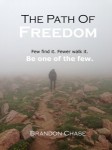
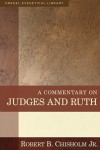
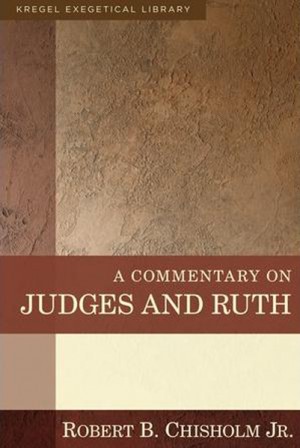


 Third, I am not a fan of the Penal Substitutionary theory of the atonement. I am a proponent of the Christus Victor view. Ryken’s book is overflowing with imagery, language, and themes from the Penal Substutionary view, and in my opinion, this perspective damages our view of God and what Jesus actually accomplished on the cross. This topic is so large, I cannot say anything else about it here.
Third, I am not a fan of the Penal Substitutionary theory of the atonement. I am a proponent of the Christus Victor view. Ryken’s book is overflowing with imagery, language, and themes from the Penal Substutionary view, and in my opinion, this perspective damages our view of God and what Jesus actually accomplished on the cross. This topic is so large, I cannot say anything else about it here. 
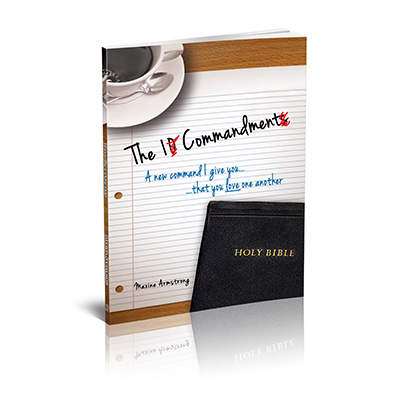
 In this book, Maxine tackles the difficult issue of the believer’s relationship with the 10 Commandments. She persuasively shows how Jesus set aside the Old Covenant with its rules and regulations and gave us a New Covenant based on the one command to love one another.
In this book, Maxine tackles the difficult issue of the believer’s relationship with the 10 Commandments. She persuasively shows how Jesus set aside the Old Covenant with its rules and regulations and gave us a New Covenant based on the one command to love one another.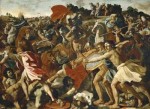
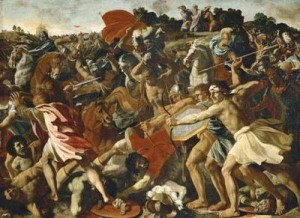 So it was with interest that I recently read the new book by Boyd Seevers,
So it was with interest that I recently read the new book by Boyd Seevers, 
